Mouth Full Of Fire
$30.99
Series Preface
Author’s Preface
Abbreviations
Introduction: An Exercise In Theological Interpretation
Biblical Theology Or Theological Interpretation?
Reading Jeremiah As A Theological Book
Can Biblical Studies Admit Theological Readings And Remain Intact?
Can Theology Made From Retold Narrative Still Be Called Theology?
From Theology To Doctrine
1. Word And Words In Jeremiah
The Suitability Of Jeremiah As A Source For Word Theology
The Distinctive Shape Of Jeremiah’s Word Theology
First Elements Of A Word Theology
2. Structuring Jeremiah As A Narrative About The Word Of God
Establishing The Structure Of Jeremiah
A Narrative About The Word Of God
Concluding Reflections
3. Word And Speaker
The Word Of God Is The Speech Of God
The Shape Of Jeremianic Discourse
Jeremiah In His Times
Jeremiah’s Call And Commissioning
The Voice Of God In Jeremiah 2:1–6:30
The Voice Of The Prophet In Jeremiah 14–15
Concluding Reflections
4. Word And Hearers
The Covenant Preaching Of Jeremiah And The Prophets
Jeremiah Against The Prophets
The Hearers’ Dilemma: Jeremiah Or Hananiah?
‘The People’ In Jeremiah’s Preaching
Concluding Reflections
5. Word And Power
The Power Of The Word Of God To Transform
Overcoming The Failure Of The Word: Jeremiah 30–31
Judgment Realized, Hope Deferred: Jeremiah 35–44
New Life Out Of Death: Jeremiah 50–51
How Does The Word Of God Exert Its Power?
6. Word And Permanence
Writing In Deuteronomy
Jeremiah And Writing Jeremiah 36
Two Modern Challenges To The ‘Jeremiah 36 Paradigm’ Of Enscripturation
From Oral To Written: Recovering A ‘prophetic Paradigm Of Inspiration’
Concluding Reflections
7. From The Book Of Jeremiah To The Doctrine Of The Word Of God
Words And Spirit In Jeremiah
The Word, The Words And Jesus Christ: Jeremiah In Conversation With Karl Barth
Theologies Of The Words And Word Of God
Jeremiah’s Doctrine Of The Word Of God
People Of The Word
Bibliography Index Of Modern Authors
Index Of Scripture References
Additional Info
I am putting my words as a fire in your mouth; these people are tender and it will consume them. (Jeremiah 5:14) In the book of Jeremiah, the vocabulary of “word” and “words” is not only uniquely prevalent, but formulae marking divine speech also play an unprecedented role in giving the book’s final form its narrative and theological shape. Indeed, “the word of the Lord” is arguably the main character, and a theology that is both distinctive and powerful can be seen to emerge from the unfolding narrative. In this stimulating study, Andrew Shead examines Jeremiah’s use of word language; the prophet’s formation as an embodiment of the word of God; his covenant preaching and the crisis it precipitates concerning the recognition of true prophecy; and, in the “oracles of hope,” how the power of the word of God is finally made manifest. Shead then brings this reading of Jeremiah to bear on some issues in contemporary theology, including the problem of divine agency and the doctrine of Scripture, and concludes by engaging Jeremiah’s doctrine of the Word of God in conversation with Karl Barth. The prophet’s major contribution emerges from his careful differentiation of “word” and “words.”
in stock within 3-5 days of online purchase
SKU (ISBN): 9780830826308
ISBN10: 0830826300
Andrew Shead
Binding: Trade Paper
Published: October 2012
New Studies In Biblical Theology # 29
Publisher: InterVarsity Press
Print On Demand Product
Related products
-
I Still Believe Small Group DVD Kit
$39.99The I Still Believe Small Group Kit combines a 5-episode DVD series, 35-day devotional journal, and thorough leader’s guide to serve as a five-week guided tour for small groups through the biblical response to commitment, sacrifice, grief, loss, and also God’s sovereignty and redemption. This kit comes as a ready-to-use package that makes it easy to implement small groups in your church or ministry.
Includes: Video Series, Leader’s Guide, and Study Journal
Add to cartin stock within 3-5 days of online purchase
-
Knowledge Of The Holy
$15.99Informative and inspiring, The Knowledge of the Holy illuminates God’s attributes–from wisdom, to grace, to mercy–and shows through prayerful and discussion, how we can more fully recognize and appreciate each of these divine aspects. This book will be treasured by anyone committed to the Christian faith. It bears eloquent witness to God’s majesty and shows us new ways to experience and understand the wonder and the power of God’s spirit in our daily lives.
Add to cart1 in stock (additional units can be purchased)
-
Light Within Me
$27.99The celebrated Fox News star and #1 New York Times bestselling author offers a powerful, uplifting look at her life and her spiritual journey, reflecting on her family, her faith, and her successful career.
In her bestselling children’s book Take Heart, My Child, Ainsley Earhardt drew on her childhood and the inspirational notes her father wrote her before school each morning. In this moving memoir, she reminisces about growing up with a father who loved his children unconditionally–a cherished model of parenthood she has adopted with her own daughter–how her Christian faith has shaped her life, and the dynamic journalism career that has made her a trusted household name.
From her insightful political coverage, including a sit-down with Melania Trump, to her powerful reporting covering some of the most headline-making national events, to her live coverage, including Pope Francis’ visit to New York, Ainsley considers her career and the factors that have propelled her to the top of her field, becoming a cohost of Fox & Friends and contributor to Hannity. Ainsley credits her success to the values she learned from her parents, and to the enduring Christian faith that has been her ballast through thick and thin, in good times and in periods of great difficulty.
Filled with inspirational quotes taken from Scripture and illustrated with sixteen pages of never-before-seen photos, her memoir is infused with her spiritual beliefs and will touch the hearts of all her fans, reminding them to count the blessings God has given them every day of their lives.
Add to cart2 in stock
-
Problem Of Pain
$17.99For centuries Christians have been tormented by one question above all — If God is good and all-powerful, why does he allow his creatures to suffer pain? C. S. Lewis sets out to disentangle this knotty issue but wisely adds that in the end no intellectual solution can dispense with the necessity for patience and courage.
Add to cartin stock within 3-5 days of online purchase

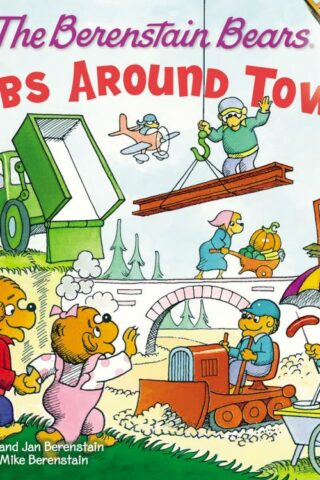
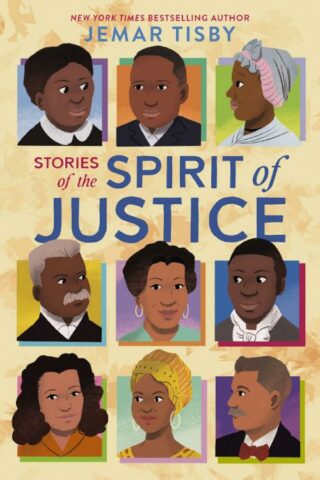

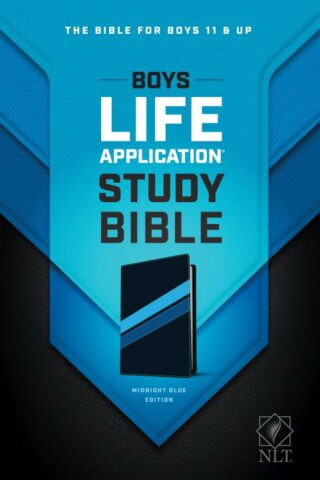
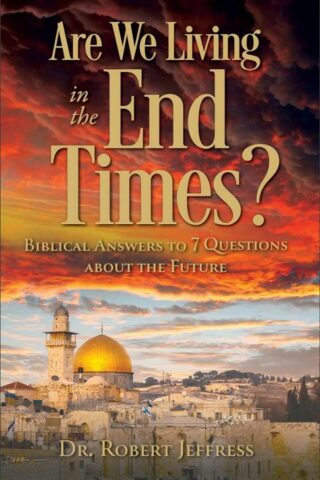
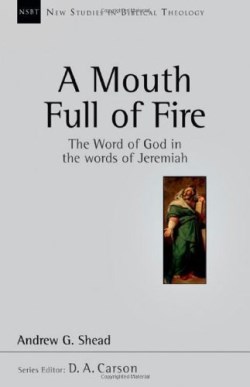

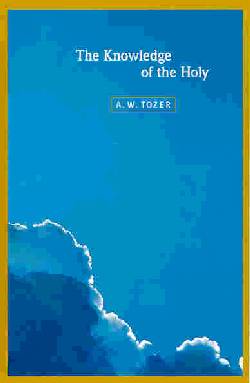

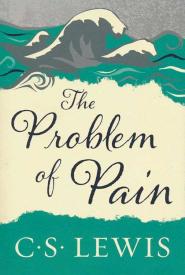





Reviews
There are no reviews yet.